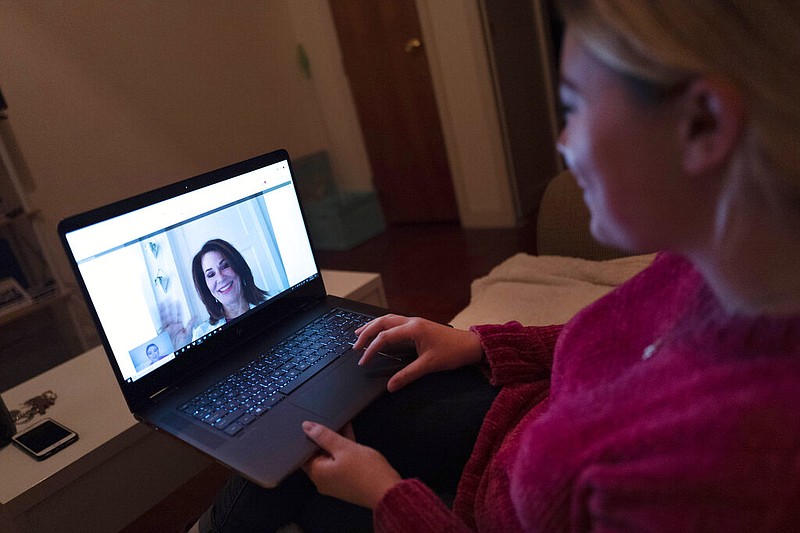The South Central Telehealth Resource Center at the University of Arkansas for Medical Sciences is opening five satellite training centers, including programs at Pine Bluff and Lake Village.
Part of the UAMS Institute for Digital Health & Innovation, the telehealth resource center will use evidenced-based best practices to train health care professionals in the delivery of digital health services at these sites:
Jefferson Regional Medical Center School of Nursing – Pine Bluff.
Arkansas Rural Health Partnership – Lake Village.
UAMS Northwest Regional Campus – Fayetteville.
UAMS East Regional Campus – Helena-West Helena.
University of Tennessee Health Science Center – Memphis, Tennessee.
The satellite sites and the telehealth resource center are funded by a two-year grant from the U.S. Department of Agriculture and a one-year grant from the Health Resources and Services Administration. Totaling more than $1.8 million, the grants were awarded to expand and enhance digital health services nationwide and in rural communities, according to the release.
The telehealth resource center will also focus heavily on eliminating health disparities in the Arkansas Delta, according to the release.
"Jefferson Regional School of Nursing is pleased to collaborate with UAMS to provide educational opportunities for southeast Arkansas," said Michelle Newton, registered nurse and director of the JRMC School of Nursing. "Our nursing students will have the opportunity to actively engage in community digital health that will significantly benefit their respective communities."
The training centers are equipped with remote patient monitoring devices and digital health tools and resources.
"Through technology and innovation, UAMS has the opportunity to train more health care professionals who will provide our communities with quality health through digital health care across multiple states," said Joseph Sanford, M.D., director of the institute.
Hari Eswaran, director of the telehealth resource center, will oversee the launch of the new satellite training centers, which will support the integration of digital health in educational and health care settings through in-person and virtual training.
"The satellite centers serve as a location where people can get training in digital health for all levels, ranging from high school students to clinicians," said Eswaran, who is also the institute's director of research.
"As we continue to integrate health care and technology to care for patients, the South Central Telehealth Resource Center allows us to develop more professionals who can deliver care through digital health and ultimately reduce barriers in accessing quality health care in our three-state region," said Eswaran.
The telehealth resource center will have direct access to train future health care professionals.
"The Satellite Telehealth Training Centers will give students, faculty and partnering clinicians a centralized location to learn more about digital health," said Sarah Rhoads, professor in the College of Nursing at the University of Tennessee Health Science Center. "We are excited to partner with the South Central Telehealth Resource Center to provide telehealth technical assistance in our satellite training center equipped with a large selection of digital software and hardware."
The telehealth resource center serves rural communities in Arkansas, Mississippi and Tennessee and is part of the National Consortium of Telehealth Resource Centers. The consortium is comprised of 12 regional and two national telehealth resource centers. Details: LearnTelehealth.org.
